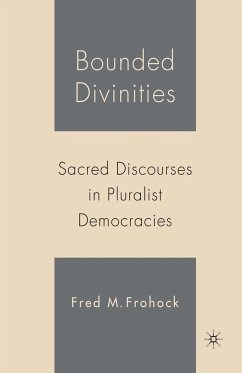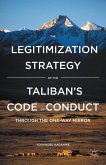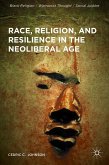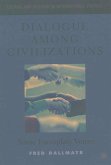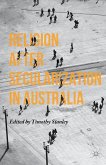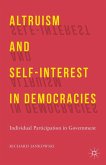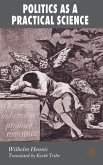This serves as a handbook to guide us through the thickets of the sacred, the secular, religion and politics, by charting the supernatural as a natural defining feature of religion. Santería is used as a case study to illustrate the similarities and differences among religious and political practices and discusses effective dispute management.
"In Bounded Divinities, Fred M. Frohock deftly weaves a fascinating account of the Santería (or Lukumí) religion into lucid analyses of political liberalism, deliberative democracy, reason-of-state realism, difficulties of textual interpretation, the nature of religion, and much more. This wide-ranging yet incisive book also makes the most powerful case for modus-vivendi liberalism that I have encountered."
- Richard Dagger, Professor of Political Science and Philosophy, Arizona State University, and author of Civic Virtues: Rights, Citizenship, and Republican Liberalism
"This is a fascinating study looking at the resolution of disputes in the public realm. Frohock uses specific religious examples to generate powerful hypotheses about the nature of conflictin liberal societies and the very concrete legal and moralproblems that strong religious identification createsin liberal political environments.This is an original and provocative study that strikes new ground in examining the complex relationship between religion and politics and the use of ritual in religious practice."
- James M. Glass, Professor of Government and Politics, University of Maryland, College Park
- Richard Dagger, Professor of Political Science and Philosophy, Arizona State University, and author of Civic Virtues: Rights, Citizenship, and Republican Liberalism
"This is a fascinating study looking at the resolution of disputes in the public realm. Frohock uses specific religious examples to generate powerful hypotheses about the nature of conflictin liberal societies and the very concrete legal and moralproblems that strong religious identification createsin liberal political environments.This is an original and provocative study that strikes new ground in examining the complex relationship between religion and politics and the use of ritual in religious practice."
- James M. Glass, Professor of Government and Politics, University of Maryland, College Park

